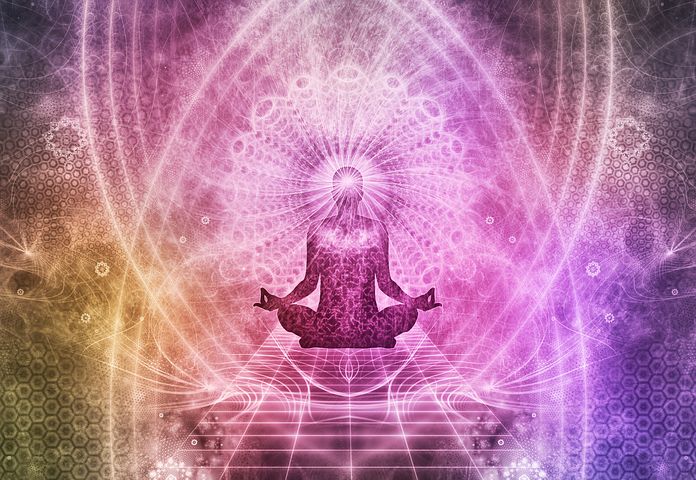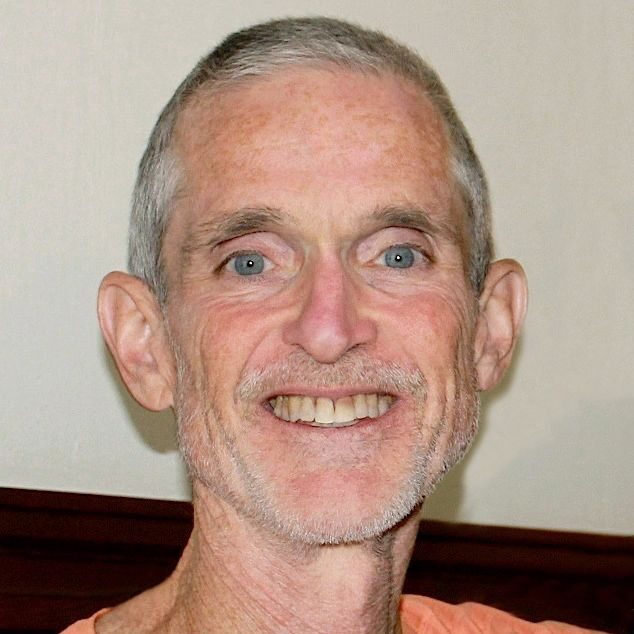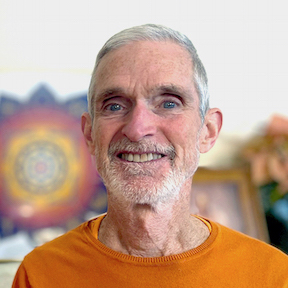Releasing Tension
by Diana Meltsner, C-IAYT, E-RYT 500, YACEP
I recently had an interesting conversation with two of our neighbors as we ran into each other on the beach. Our dogs are friends and we walked together. It was a lovely and spontaneous exchange of experiential knowledge. The topic was releasing tension from the body.
They have explored releasing tension through body work, acupuncture and eventually arrived at energetic release through touch. We talked about the build up in fascia and muscles resulting in limited movement of the joints and how miraculously the energy healing can reduce this very tangible physical tension.
In Yoga we speak of the different layers of our Being; physical, energetic, mental and further the layer of the bliss body and the individual soul.
The Taittiriya Upanishad was the first ancient text to discuss these different layers (Koshas) of our body and became a module for healing in contemporary Yoga Therapy. Vedanta tells us these layers are interconnected and part of one Self.
We hold patterns of tension and it shows up on all of these levels. In the body, it can be habitual tensing of the jaw or shoulders. We hold patterns of tension in our breathing, not exhaling enough or holding the breath. On an energetic level, the flow of energy slows down or becomes stagnant in certain areas of our body. On the mental level, the tension shows up as rigid thinking, ceaseless ruminations and resentments, feeling stuck or irritated. All of these are examples of contracting rather than opening.
We can cultivate the ability to let go. As we let go and release tension on one level, all the layers of our Being respond. We can feel the sense of ease and joy and connect with intuition, the whisper of our soul. We start to feel the soul purpose, the big reason why we are here. It allows us to align with the truest expression of who we are.
My favorite practice has been working with the breath and truly letting my breath have the freedom to move. The ancient practice of Ajapa Japa using the So-Hum mantra has been helping my breath to recover from habitual patterns of tension. Essentially, this mantra means, “I am That”—I am pure awareness or consciousness. I can feel the energy awakening in my body by having an increased sensation in different parts of my body and a sense of openness. Cultivation of mindfulness has allowed me to have the ability to recognize these subtle shifts in my body and furthered my ability to let go.
Mindfulness, Sati, described as ‘bare attention’ and Dharana, “one-pointed attention”, both teach us how to focus our attention on the present and experience life in more depth.
Meditation has been such a big part of my life and yet the mental work alone is not enough. We know that trauma lives in the body and that one cannot think oneself out of anxiety. The body needs to be a part of the healing process and releasing tension is a big step in healing.
It was so nice to explore this topic with someone who didn’t know that yoga is a complex array of practices, more than a than a physical exercise that follows a certain set of postures.
Join Diana for Satsang: Mystical Poetry Night on Sat. February 3 @ 5:30 pm – 6:30 pm PT with Susan Ford. Or attend one of her weekly classes: Therapeutic Chair Yoga Online – Wednesdays, 9:30 – 10:30 am, or Guided Meditation Online – Sundays, 5:30 PM – 6:00 pm.
Diana Meltsner, E-RYT-500, C-IAYT, has been teaching variety of classes and workshops since 2001 and since 2017 offers yoga therapy sessions privately and at Integral Yoga Therapy Clinic in San Francisco. Learn more at dianameltsner.com.






 Swami Ramananda C-IAYT, E-RYT 500, is the Executive Director of the Integral Yoga Institute in San Francisco and a greatly respected senior teacher in the Integral Yoga tradition, who has been practicing Yoga for over 45 years. Ramananda offers practical methods of integrating the timeless teachings and practices of Yoga into daily life, and transforming the painful aspects of human experience into steps toward realizing one’s full potential.
Swami Ramananda C-IAYT, E-RYT 500, is the Executive Director of the Integral Yoga Institute in San Francisco and a greatly respected senior teacher in the Integral Yoga tradition, who has been practicing Yoga for over 45 years. Ramananda offers practical methods of integrating the timeless teachings and practices of Yoga into daily life, and transforming the painful aspects of human experience into steps toward realizing one’s full potential.
